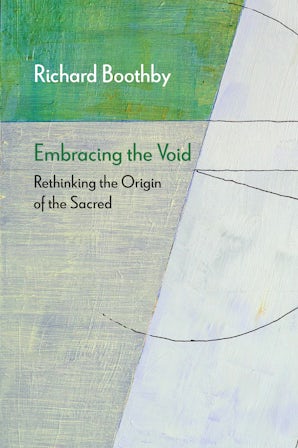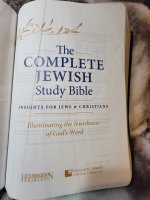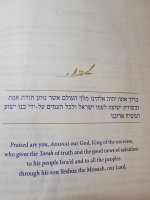- Joined
- Jan 29, 2013
- Messages
- 8,018
- Reaction score
- 54
- Points
- 48
The thread about David Eels has raised a great question: After breaking free from a cult, where does one go? Who does one seek out for counseling? What can they expect when transitioning from such a harmful environment? How can they overcome the challenges? I think this is a set of questions that deserves its own thread.
This is solely from my experience, for whatever it might be worth. I suggest to try to locate an interfaith spiritual community (a church, a message board, a group of podcasts, etc.) that exists to build up one another. If one is able to find a therapist that is experienced in religious trauma, that could be beneficial as well.
Being forced to leave church due to 24-hour caregiving for my father-in-law (then my mother-in-law before she passed a few weeks later), my wife and I went through a dramatic period of time of trauma and grief. The last church we had been attending was a liberal Methodist church (we were desperate to find some semblance of a grace-filled community) but that was pretty much the same mindset as the Evangelical churches we had attended in the past. The prevailing attitude (both at this church as well as the previous two Evangelical churches we attended) was "You only exist to conform to our ministerial expectations and if you can't fill those, see you later and come back when you can." Then COVID hit and my wife and I never expected to walk into a church ever again.
We are lucky we eventually found a regional place where we can be ourselves, allows people to believe as they choose, its outreach is about helping literal community services (scrutinized and verified of course) without the motive of evangelizing recipients to a specific faith practice, a church that consistently teaches from the pulpit the importance of mental health and self-analysis, female and queer voices from the pulpit teaching from their religious lenses, etc.
A good percentage of our attendees are queer Christians - committed Evangelicals who got kicked out of their churches because they are in queer relationships. We have atheists attend regularly and they too are allowed to participate in communion and be involved in outreach. We have former Catholics, JWs and Evangelicals on our pulpit teaching team.
It is a place that realizes it is only a halfway house for the spiritually evicted and not meant to be the destination but wants to help folks find the spiritual destination they are looking for and need and this is something they are grateful to be. It is an oasis on the spiritual journey of folks where they can receive spiritual, mental health advice and emotional care and community before moving on. It's a place where people matter more than beliefs.
It is messy. It is uncomfortable. It ruptures. It desires to "clear the stage" in one's old life to allow a new set to emerge. It strives to be the spiritual death which leads to spiritual resurrection and does not paint the picture of what that resurrected life should look like. It teaches us to question what we've been taught, what we've taught ourselves and the healing that can be found in the unsettling uncertainty of faith and life. It is embracing and living in the void that has been in mankind since it's inception. (Biblically speaking, since Adam's creation before the alleged fall.)
Recovery from trauma doesn't have a blueprint nor a timeframe. The challenges are relative to each situation so there is no proven method in removing or even in getting around them. The search for faith is a journey not a destination and my belief is that this "destination" cannot be found in any creedalism.
Though I certainly am not "sold" on Boothby's ideology, it is interesting to me about how he is able to link the void in all humans to their culture, religion (of multiple stripes) and even the subculture of capitalism. He finally came face-to-face with this void (which is a part of EVERYONE) when his son committed suicide and he began researching for answers. Boothby is a philosopher and not a theologian so be reminded of that should you look further into his work. You might be able to find a copy in a local library...

Embracing the Void - Northwestern University Press
A radical reinterpretation of the origin of religion through a psychoanalytic theorization of the unknown Renowned psychoanalytic philosopher Richard Boot...
 nupress.northwestern.edu
nupress.northwestern.edu


